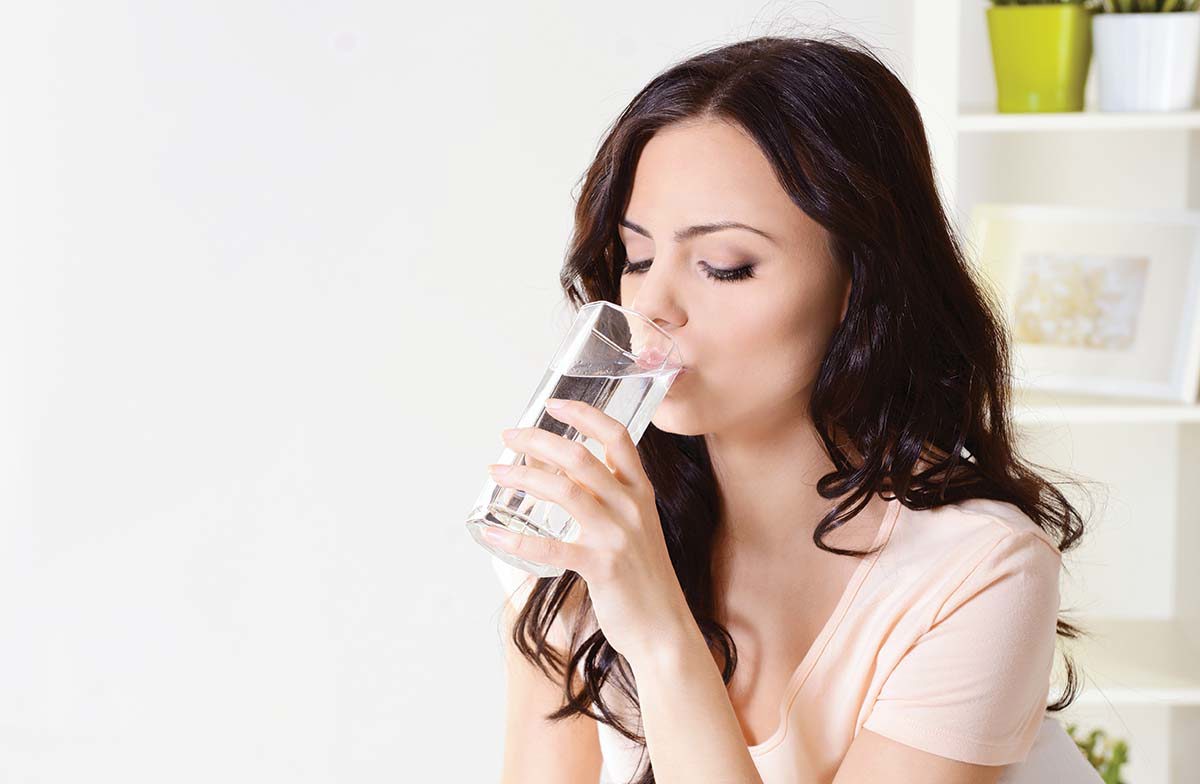
How Much Water Should You Really Drink? Debunking the "Eight Glasses a Day" Myth
Drinking Water Water Guidelines7 June 2023
You've probably heard the advice to drink eight glasses of water every day, but did you know that this guideline lacks scientific evidence? A recent study suggests that the amount of water each person needs varies based on individual factors.
The study, published in the journal Science, challenges the idea of a one-size-fits-all water intake recommendation. Researchers found that factors like age, height, weight, general health, and environmental conditions affect our water needs. For example, pregnant women, lactating mothers, and those who engage in high levels of physical activity require more fluids. Hot and humid weather can also increase our need for water.
The widely accepted eight-glasses-per-day rule is not supported by objective evidence, as stated in the study. In fact, historical quotes from the US National Research Council's Food and Nutrition Board and the book "Nutrition for Good Health" suggest that water intake should consider the water content in foods. Therefore, the amount of water you should drink depends on your overall diet.
While determining individual fluid needs can be complex, guidelines provide a helpful starting point. They offer a simple approach to increasing water intake without overwhelming individuals. However, guidelines may not address specific needs that arise from changes in exercise levels, illness, or pregnancy. Consulting with an accredited practising dietitian can help tailor water intake recommendations to your circumstances.
Improved guidelines for water consumption are increasingly important due to population growth and climate change, which impact water availability. With billions of people lacking access to safe drinking water, understanding water turnover can aid in developing strategies to manage water resources effectively.
Incorporating hydrating foods into your diet can also contribute to your fluid intake. Foods such as berries, cucumber, celery, iceberg lettuce, spinach, tomato, watermelon, and zucchini are not only hydrating but also rich in fiber.
To ensure a steady supply of high-quality drinking water that meets your daily consumption needs, consider having a Watergen atmospheric water generator in your home and office. By utilising the humidity in the air, Watergen allows you to generate fresh and clean drinking water on-site. This innovative technology eliminates the need for traditional water sources, providing a reliable and sustainable option. With a Watergen AWG, you can have peace of mind knowing that you'll always have access to safe and healthy drinking water, conveniently available wherever you need it.
Monitoring your water intake is crucial. Drinking eight glasses of water a day is not inherently problematic, but it's essential to listen to your body's cues and avoid excessive consumption. If you find yourself forcing excessive water intake, consult a healthcare professional. Keeping track of your fluid intake, exercise, and environmental conditions can facilitate discussions with medical professionals.
Overall, the "eight glasses a day" rule lacks scientific evidence, and individual factors influence our water needs. Guidelines provide a starting point, but it's important to monitor and adjust your water intake based on your personal circumstances. By understanding these factors and implementing strategies to increase fluid intake, you can maintain proper hydration and support your overall health.
For more information, view the ABC Article - https://www.abc.net.au/news/2022-12-09/how-much-water-should-you-be-drinking-a-day/101742652.

